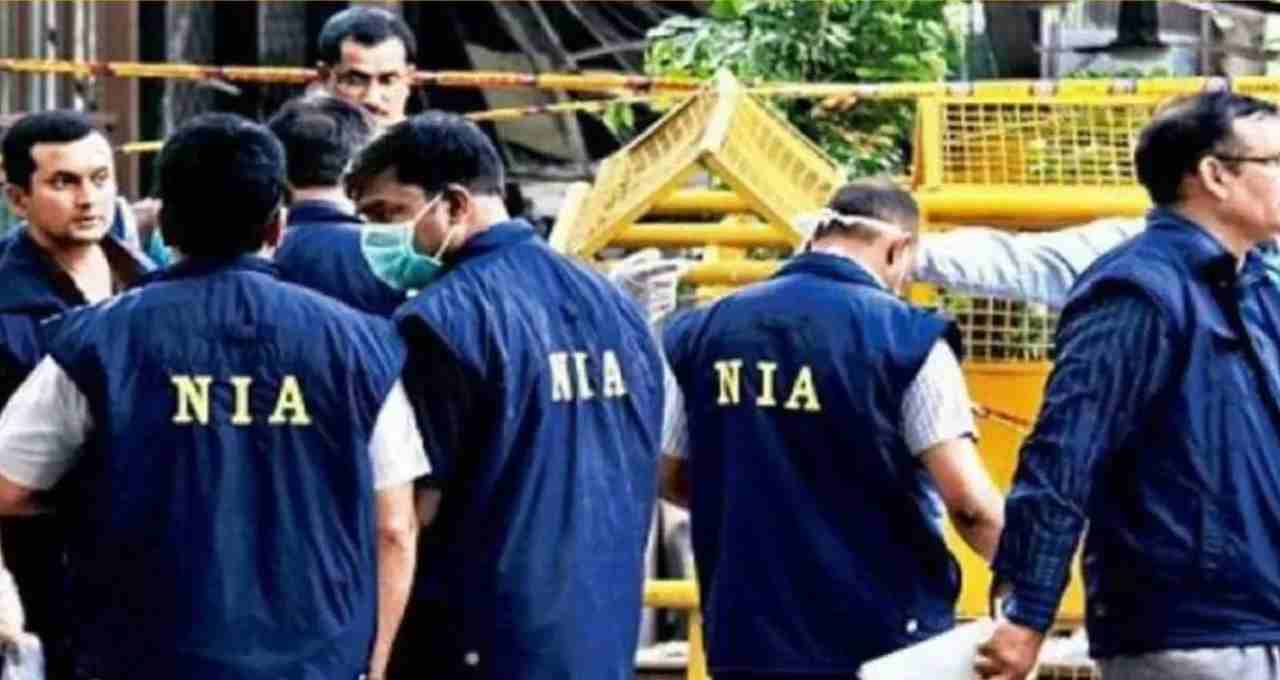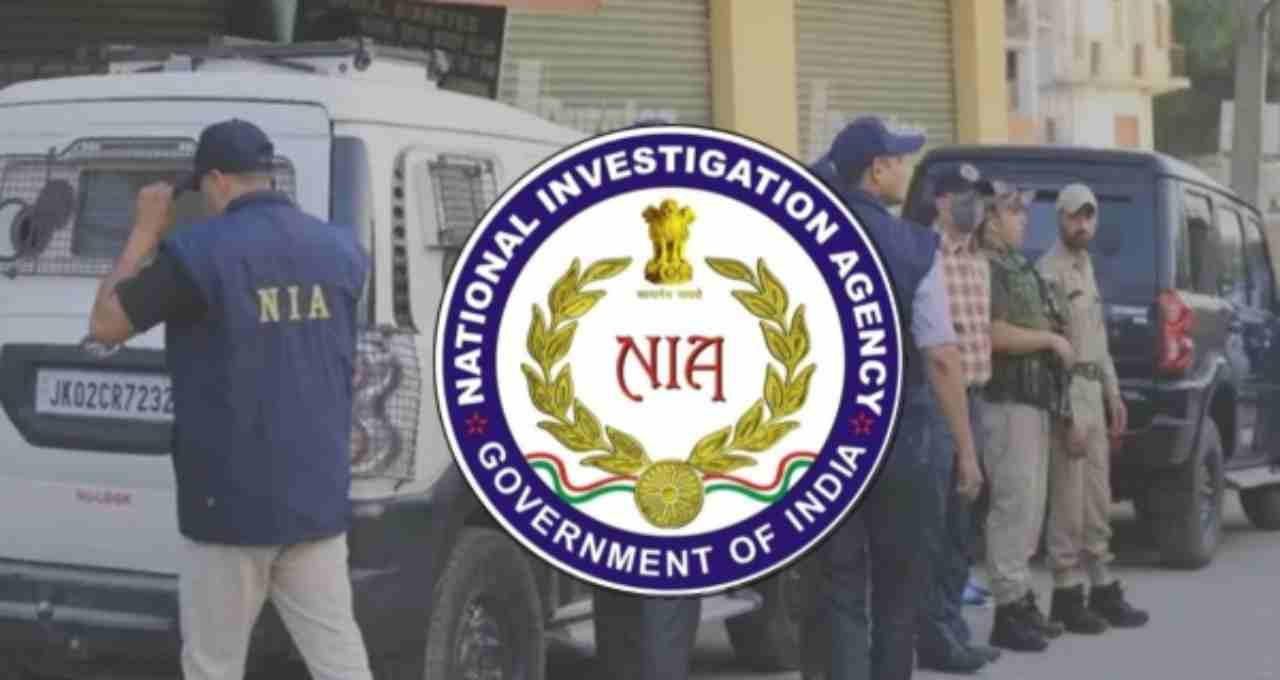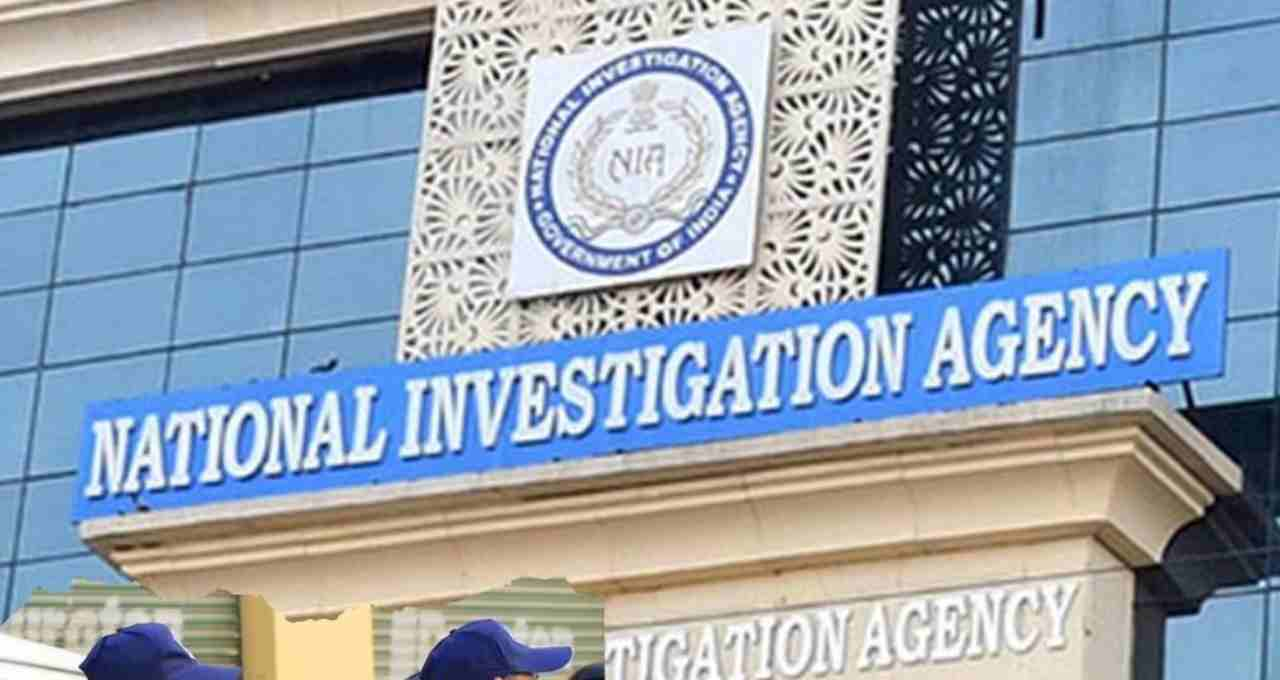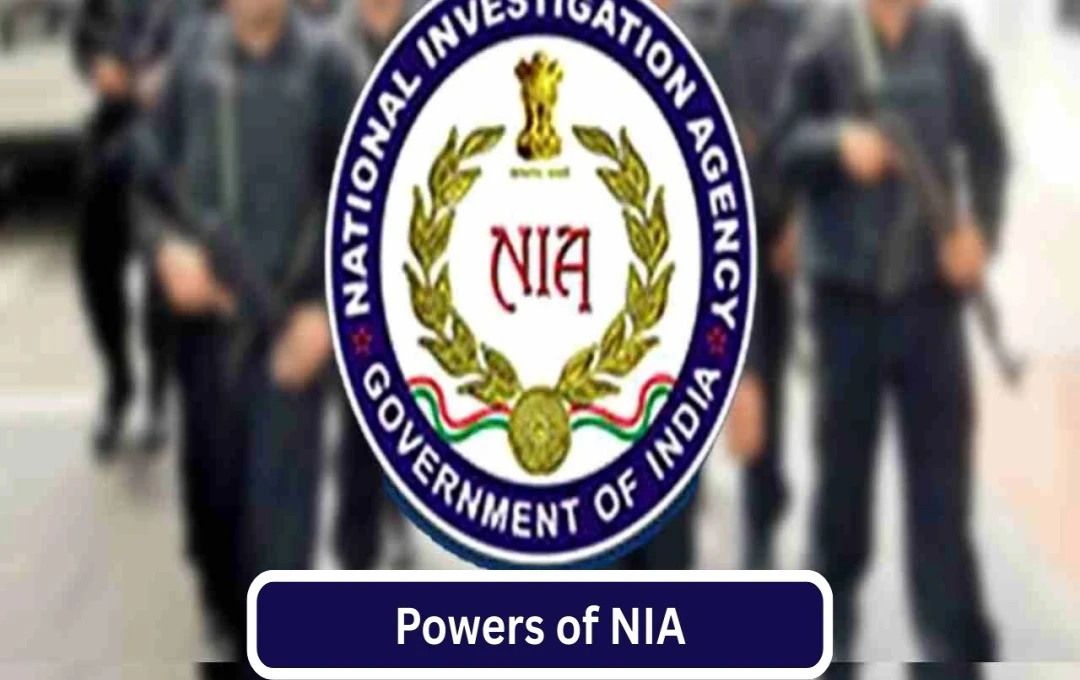The National Investigation Agency (NIA) is India's premier agency for investigating terrorism and serious crimes. Established in 2008, its primary purpose is to combat terrorism and organized crime. The NIA plays a crucial role in maintaining national security and law and order.
What Is NIA: The National Investigation Agency (NIA) plays a vital role in investigating terrorism, organized crime, and serious offenses in India. Established in 2008, the NIA investigates terrorism, human trafficking, cybercrime, crimes involving explosives, and other serious crimes.
The NIA's operational procedures and extensive powers are significant, particularly given its recent assignment to investigate the terrorist attack in Pehlgam, Jammu and Kashmir. Let's delve into the NIA's formation, operations, and capabilities.
NIA's Formation and Objectives
The NIA (National Investigation Agency) was formed in 2008 following the 26/11 Mumbai terror attacks. This attack highlighted the need for a central agency to effectively combat terrorism and prevent terrorist activities nationwide. Established under the NIA Act, 2008, its main objective is to eliminate terrorism from India and ensure national security.

Radha Vinod Raju was the first Director General of the NIA, serving until 2010. The agency's headquarters are in Delhi, with two zonal offices in Guwahati and Jammu. Additionally, the NIA has 21 branch offices across the country, covering various states and cities.
NIA's Authority and Powers
The NIA possesses unique powers and authorities that distinguish it from other police or investigative agencies. Its jurisdiction extends under the Indian Penal Code, the Explosives Substances Act of 1908, the Arms Act of 1959, and cybercrime-related acts. The central government, through the NIA (Amendment) Act 2019, also granted the agency the power to investigate crimes committed abroad, provided they involve Indian citizens or have a connection to India. The NIA's special powers include:
Investigation of terrorist activities.
- Investigation of human trafficking, counterfeiting, and cybercrimes.
- Investigation of crimes related to explosives.
- Investigation of crimes related to the manufacture and sale of prohibited weapons.
Furthermore, the NIA has the authority to arrest terrorists and take legal action against them. Agency officials conduct investigations while fully adhering to police powers, enabling them to arrest suspects, gather evidence, and conduct various raids.
NIA's Investigation Process

The NIA's investigative process is rigorous and expert-driven. Its officers possess police-like powers, specializing in terrorism and national security-related cases. Whenever terrorism or serious crime occurs in the country, the central government may assign the case to the NIA.
Upon receiving information about any suspicious activity, the NIA assesses its severity. If terrorism-related, the NIA initiates an investigation. During investigations, the agency employs cyber technologies, intelligence networks, and various investigative methods to gather concrete evidence against the accused.
NIA Officers and Recruitment Process
NIA officers are not recruited through a separate process. The NIA employs officers selected from the Indian Police Service (IPS), Indian Revenue Service (IRS), Central Armed Police Forces (CRPF, ITBP, BSF), and state police services. These officers receive specialized training to effectively investigate terrorism and serious crime cases.
NIA's Special Courts
The NIA has its own special courts to handle terrorism and serious crime cases. Fifty-one NIA special courts have been established nationwide, with those in Ranchi and Jammu being particularly important. These courts ensure speedy trials and judgments. From its inception until December 2024, 640 cases were registered, with judgments delivered in 147. The conviction rate in NIA courts stands at 95.23%, reflecting the agency's effectiveness.

NIA's Successes and Role
The NIA has achieved success in several major terrorist attacks and serious crime cases. It investigated incidents like the 26/11 Mumbai attacks, the Uri attack, the Pathankot airbase attack, and the Pulwama attack, arresting and securing convictions against numerous terrorist suspects. The NIA has also collaborated with several countries to take action against international terrorists.
The NIA's success demonstrates the need for a powerful and specialized agency to combat terrorism and organized crime in India. Its operational methods and powers make it a highly effective investigative agency, prepared to tackle any major national threat.














